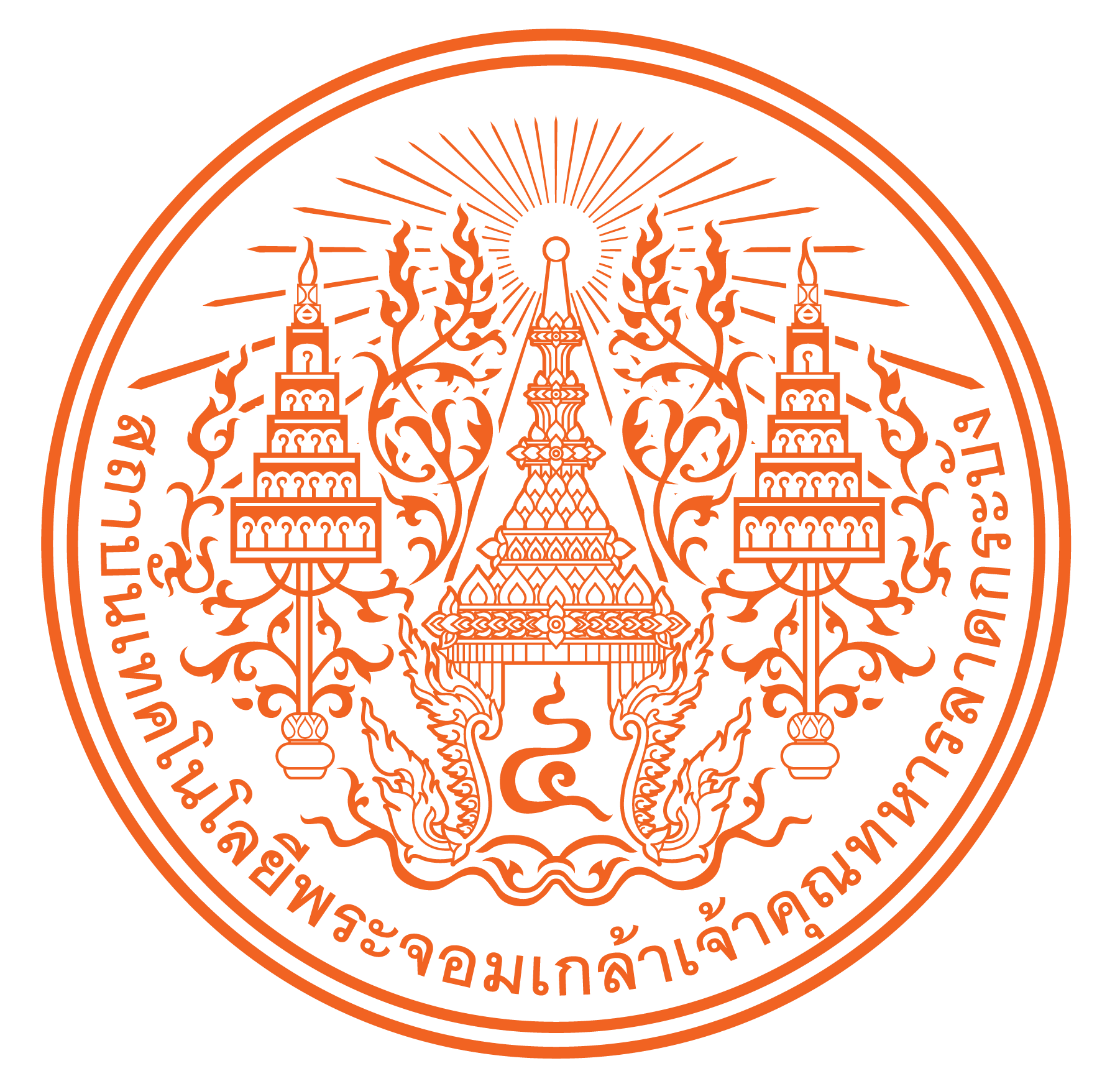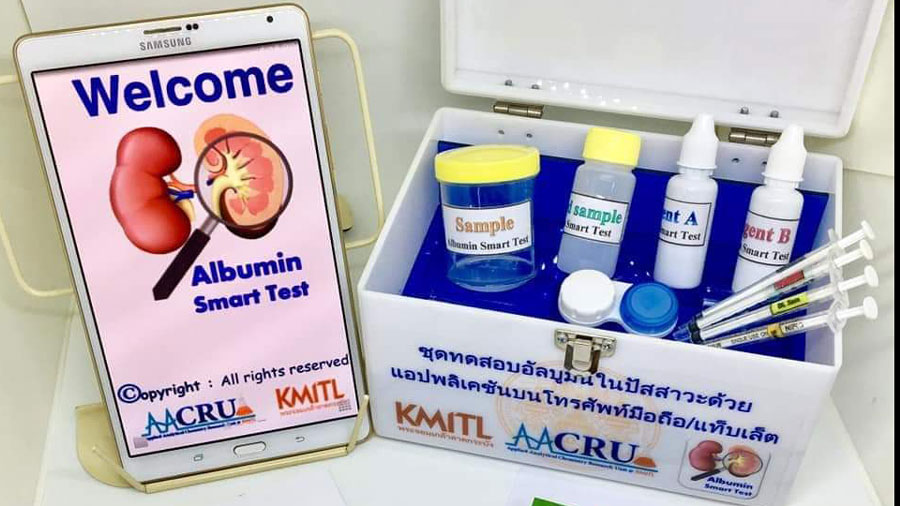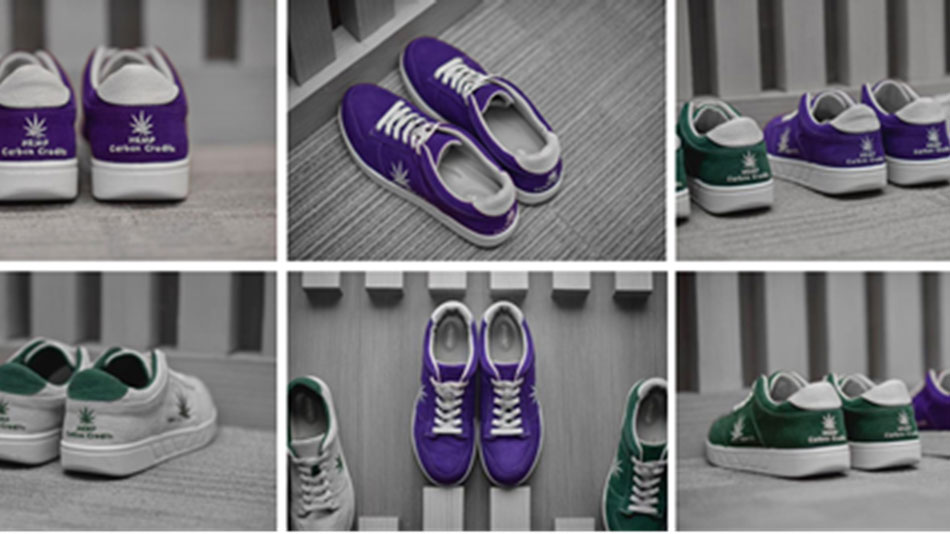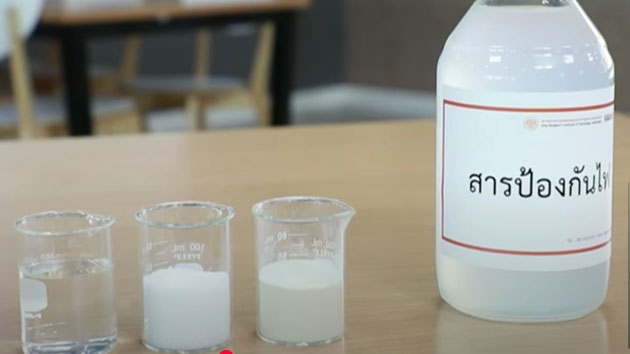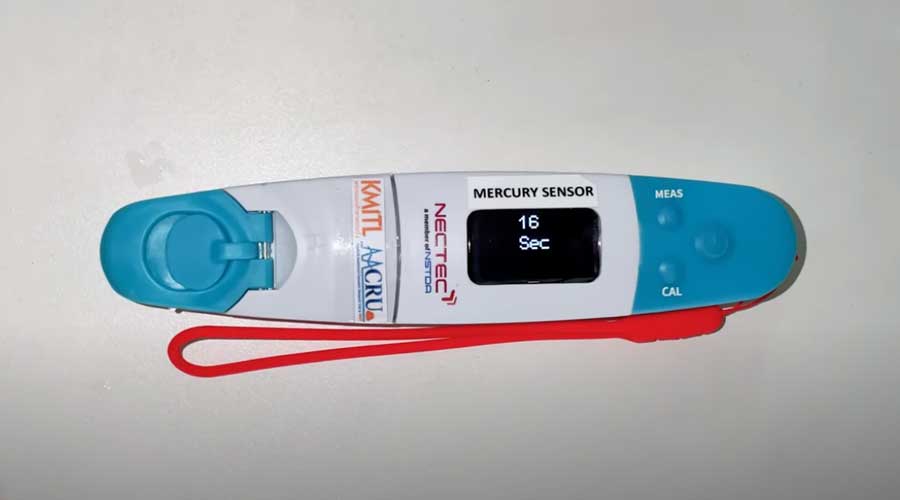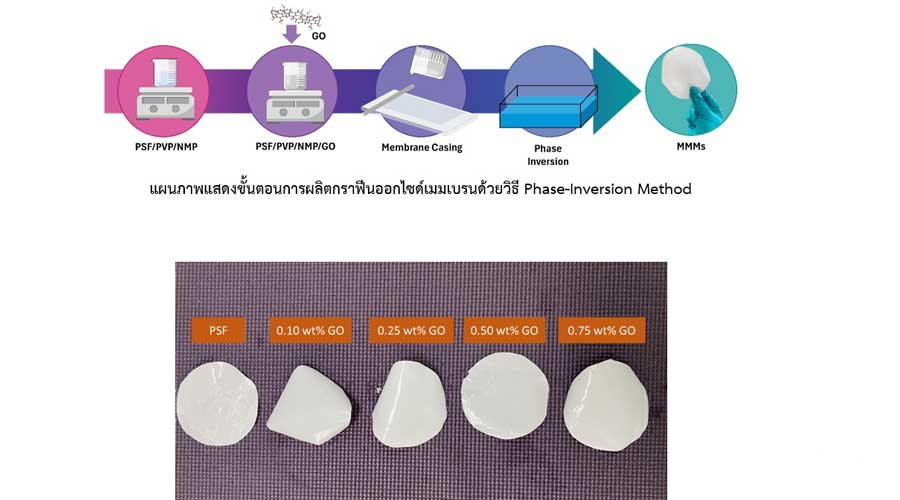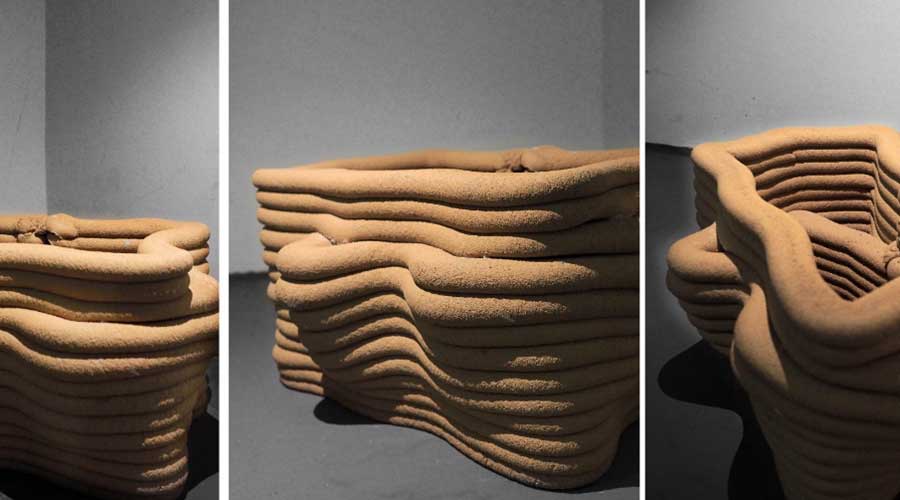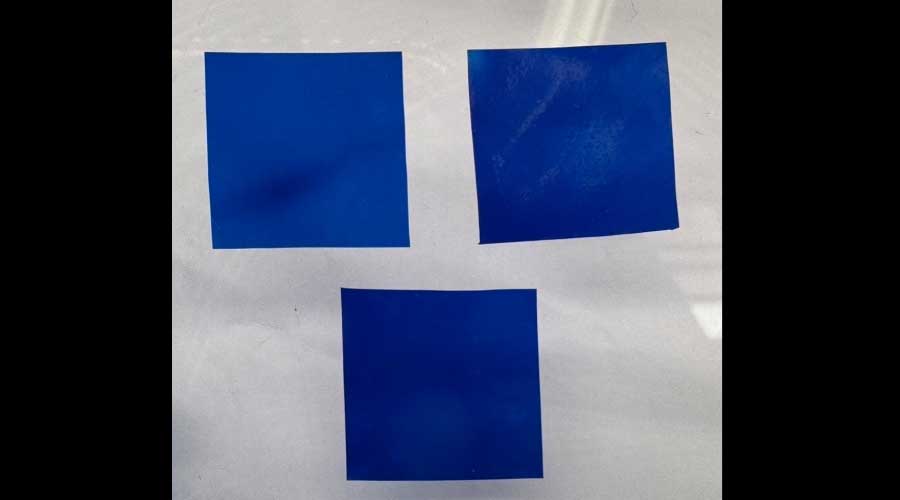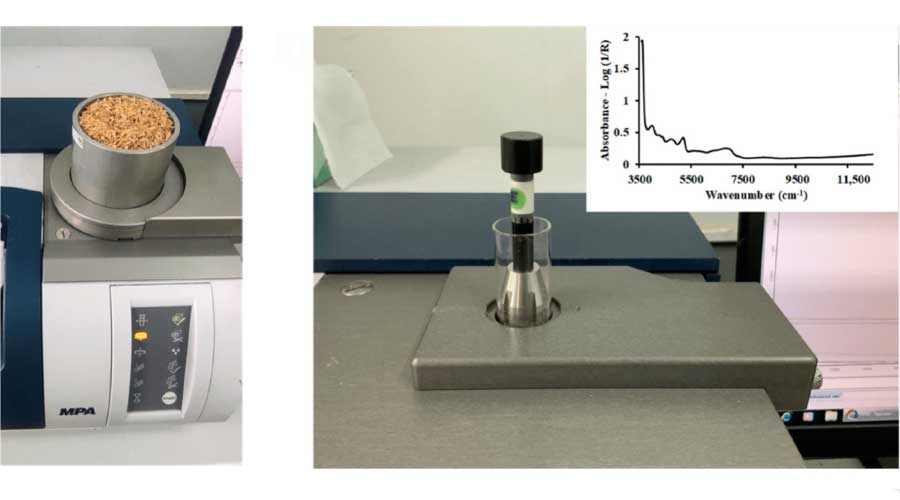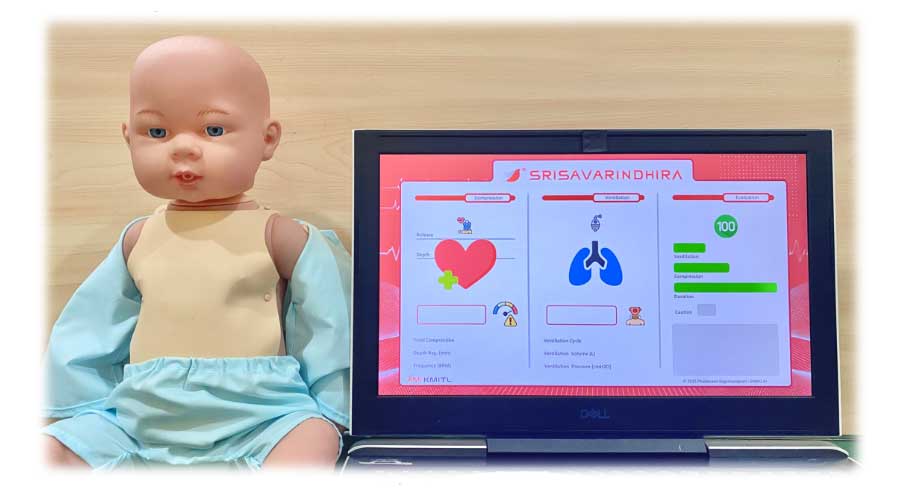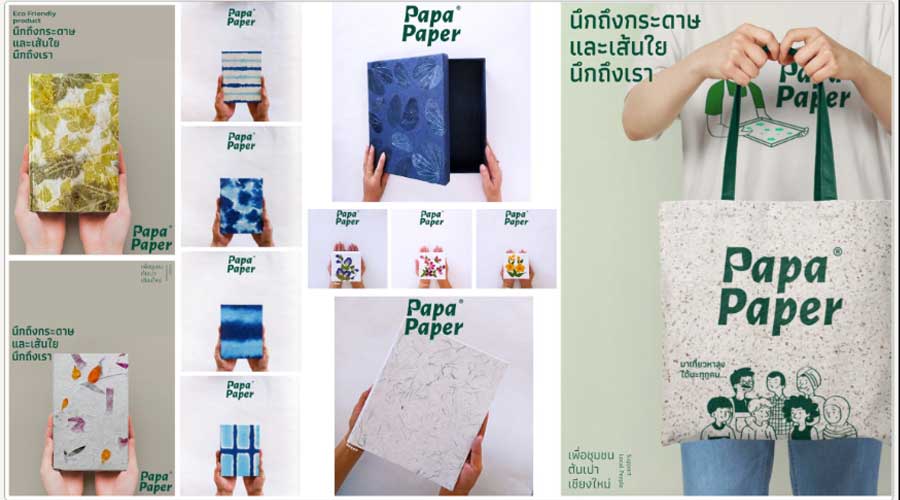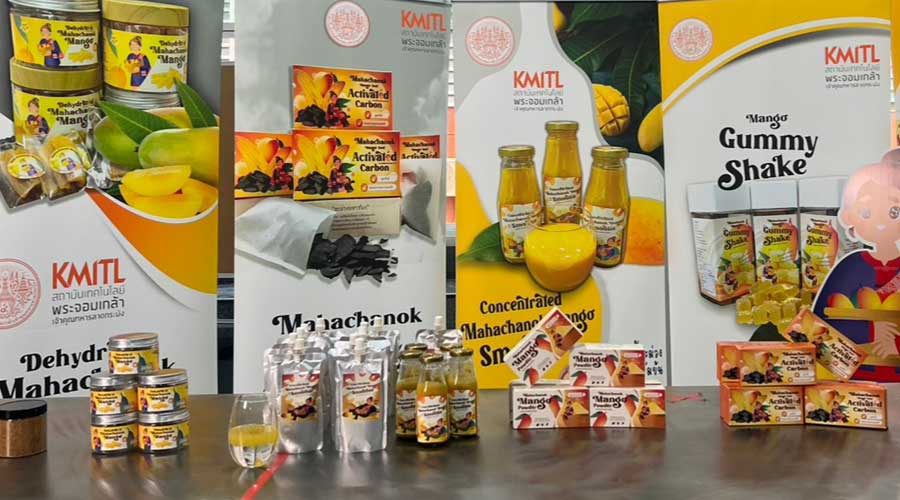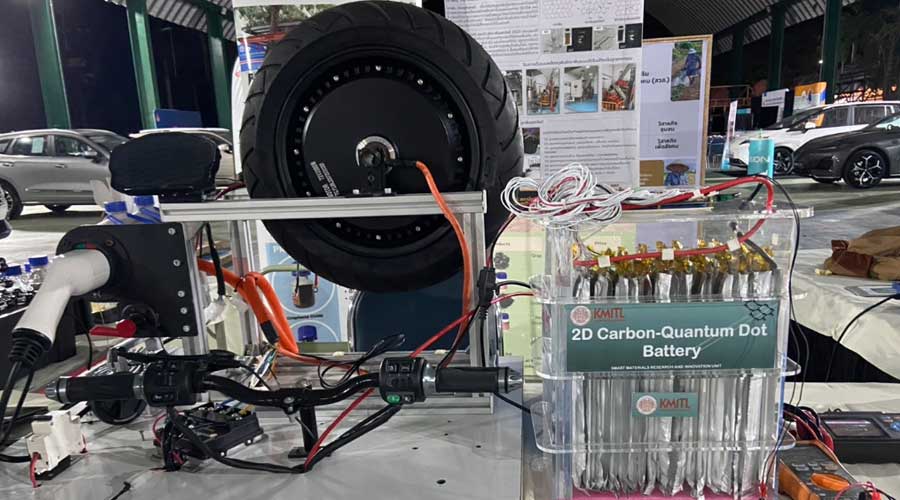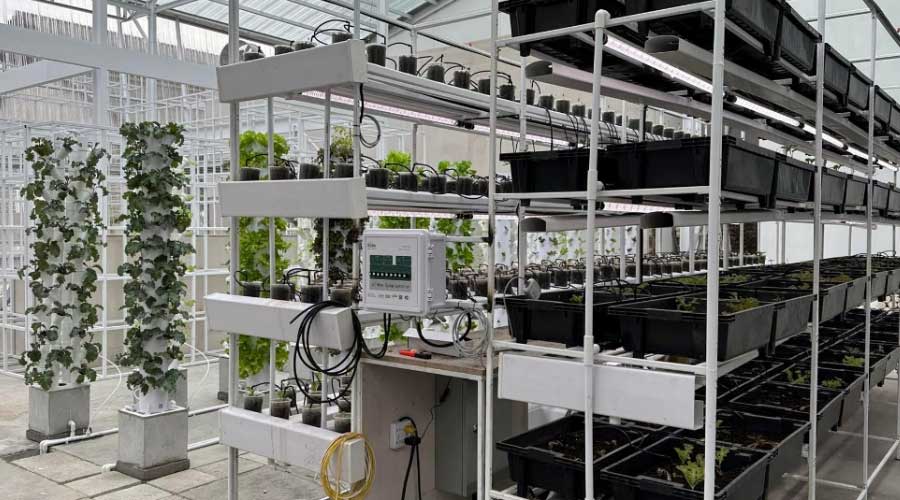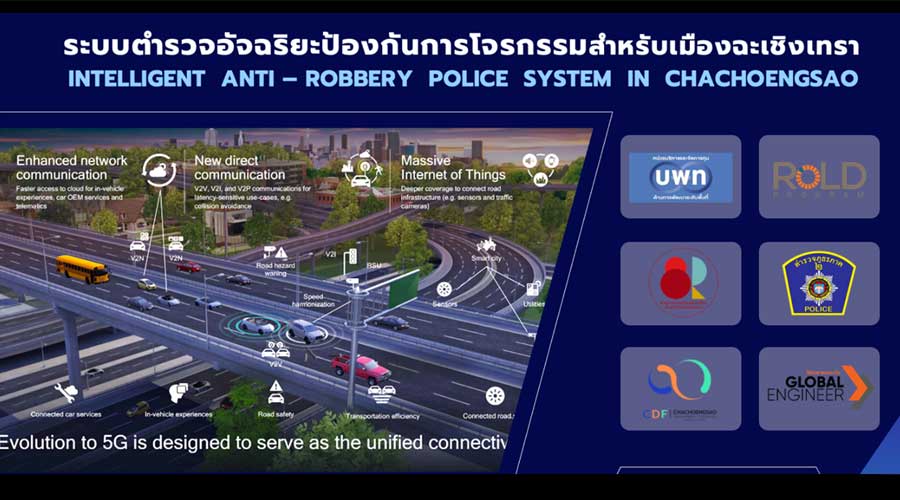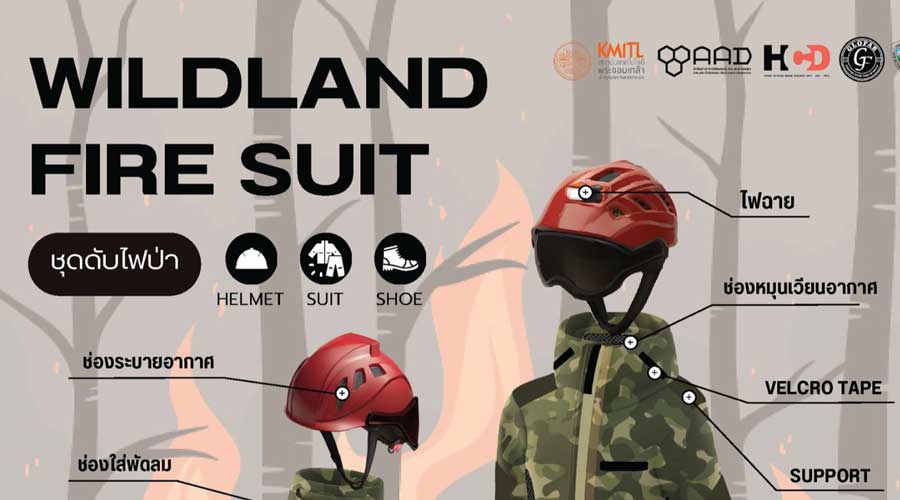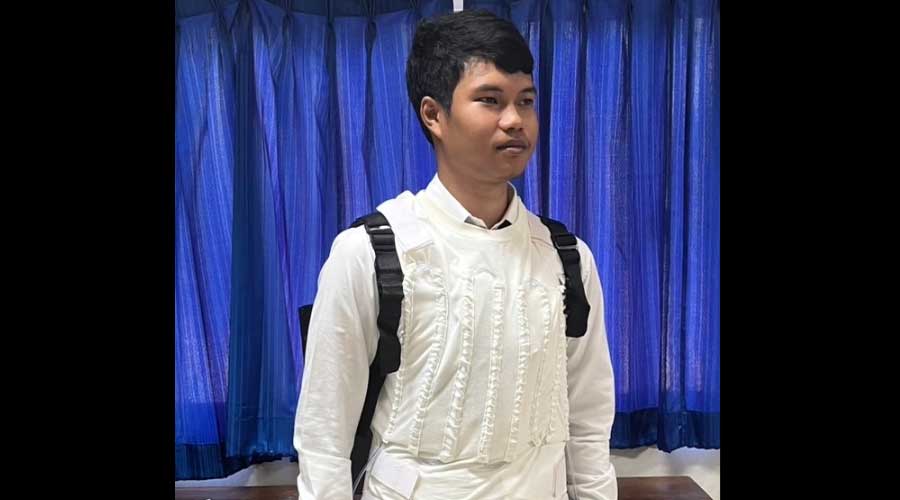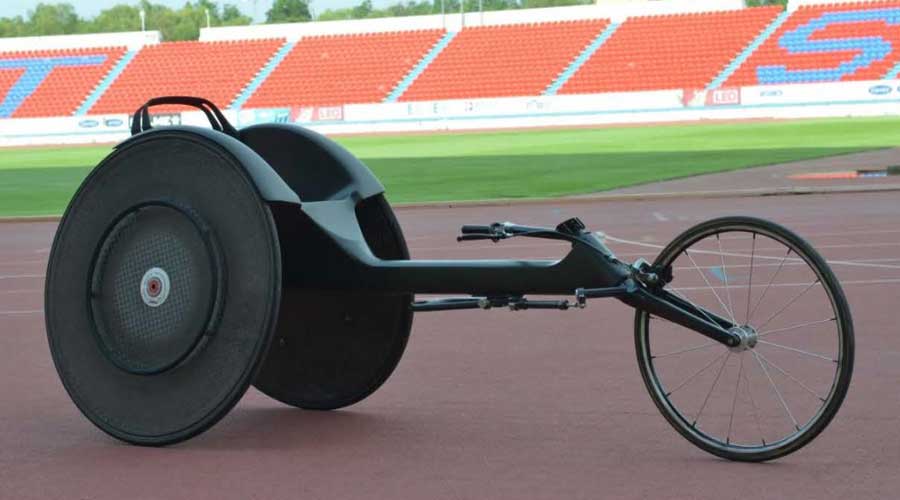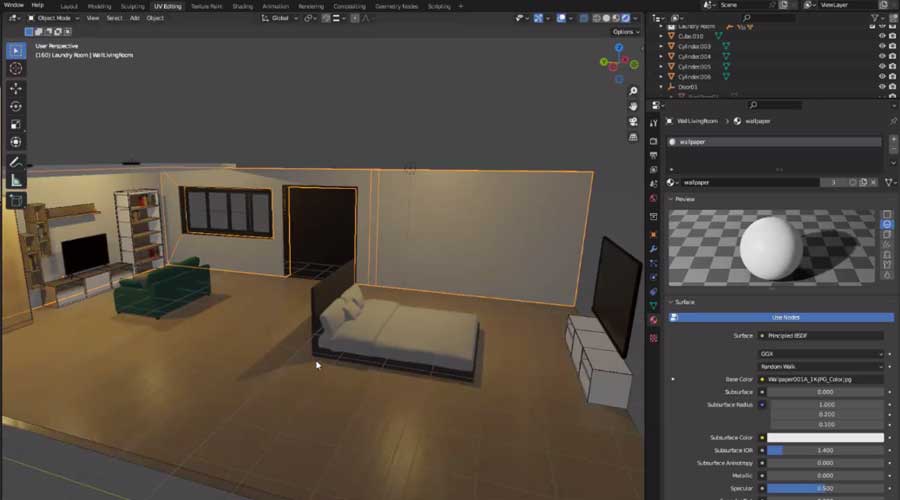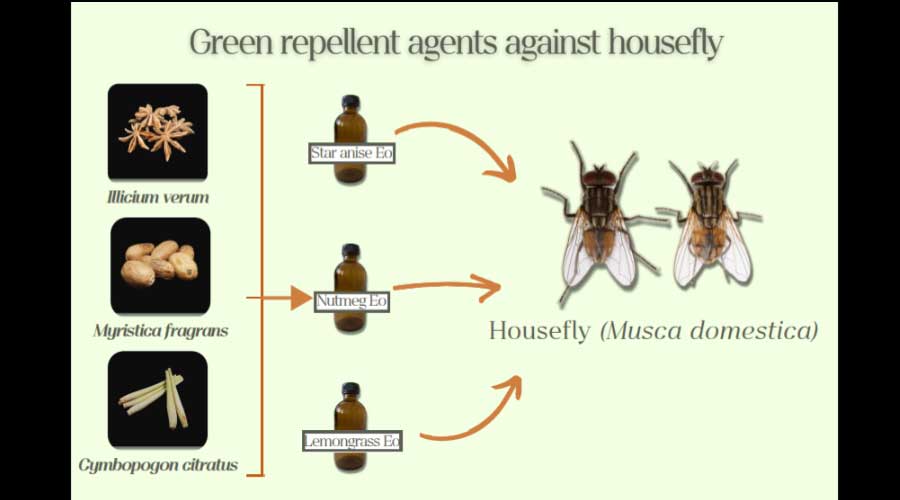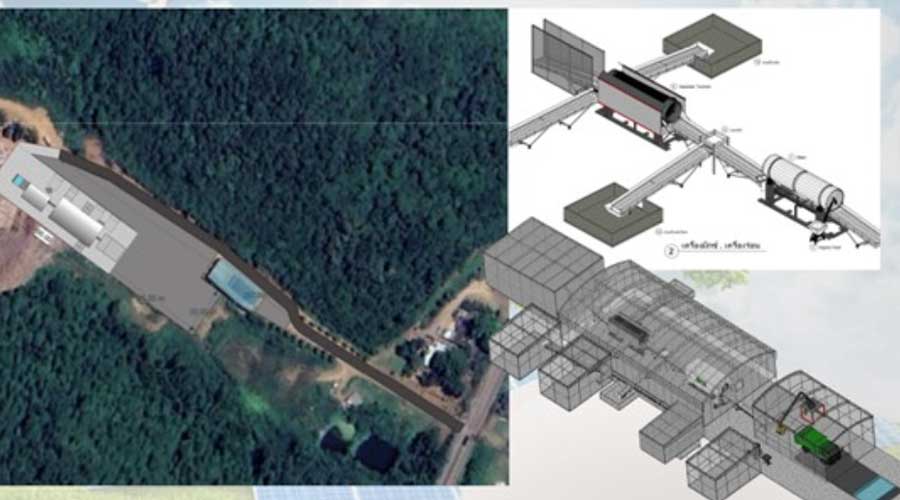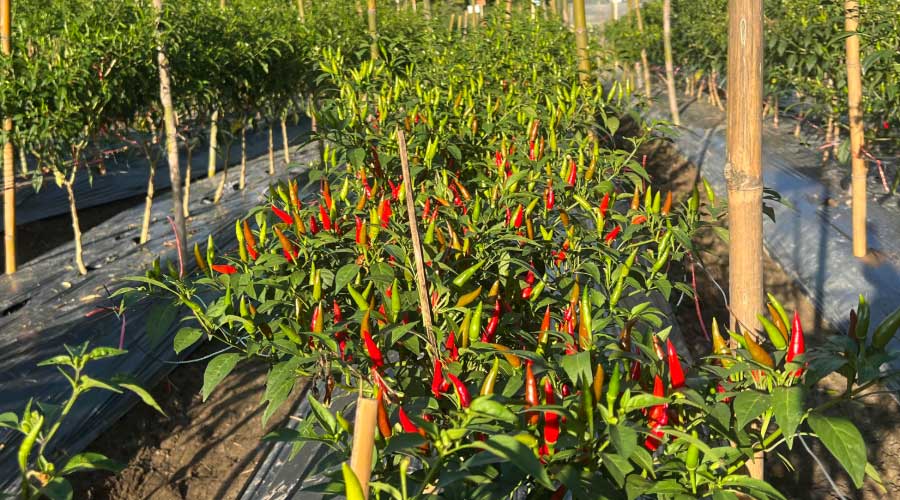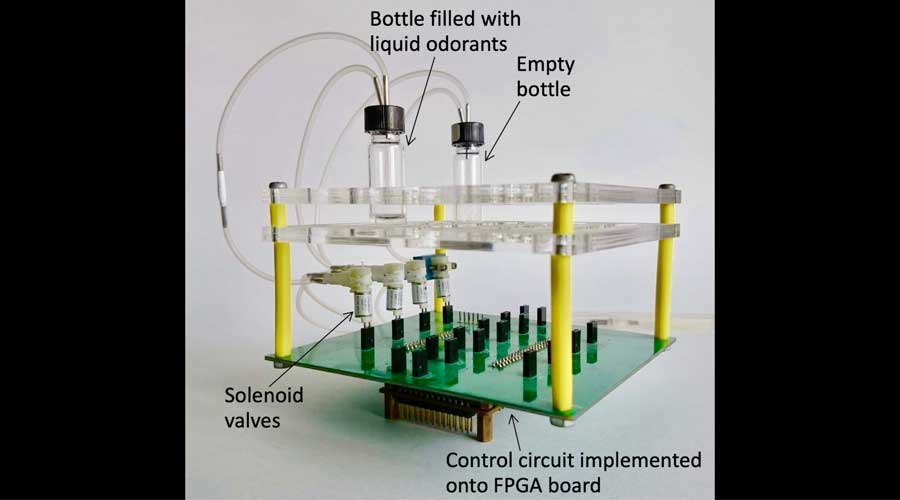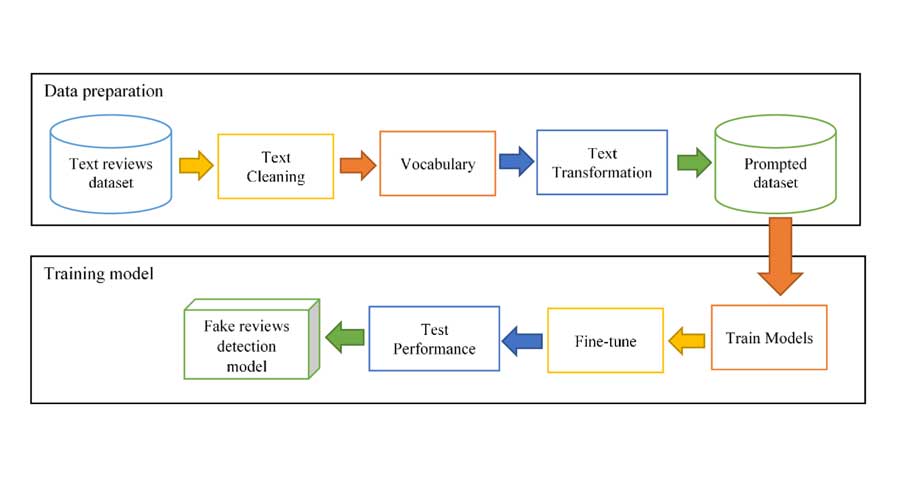Research
Research works from various sectors of King Mongkut's Institute of Technology Ladkrabang.
The Albumin Smart Test is an innovative, user-friendly device for kidney disease screening using a mobile phone. It includes a testing kit with specific reagents and a mobile application. By applying a urine sample to the test kit, a color reaction occurs and is analyzed by the app. The albumin level is measured and results are displayed within 3 minutes. The test is simple, fast, and easy to use.
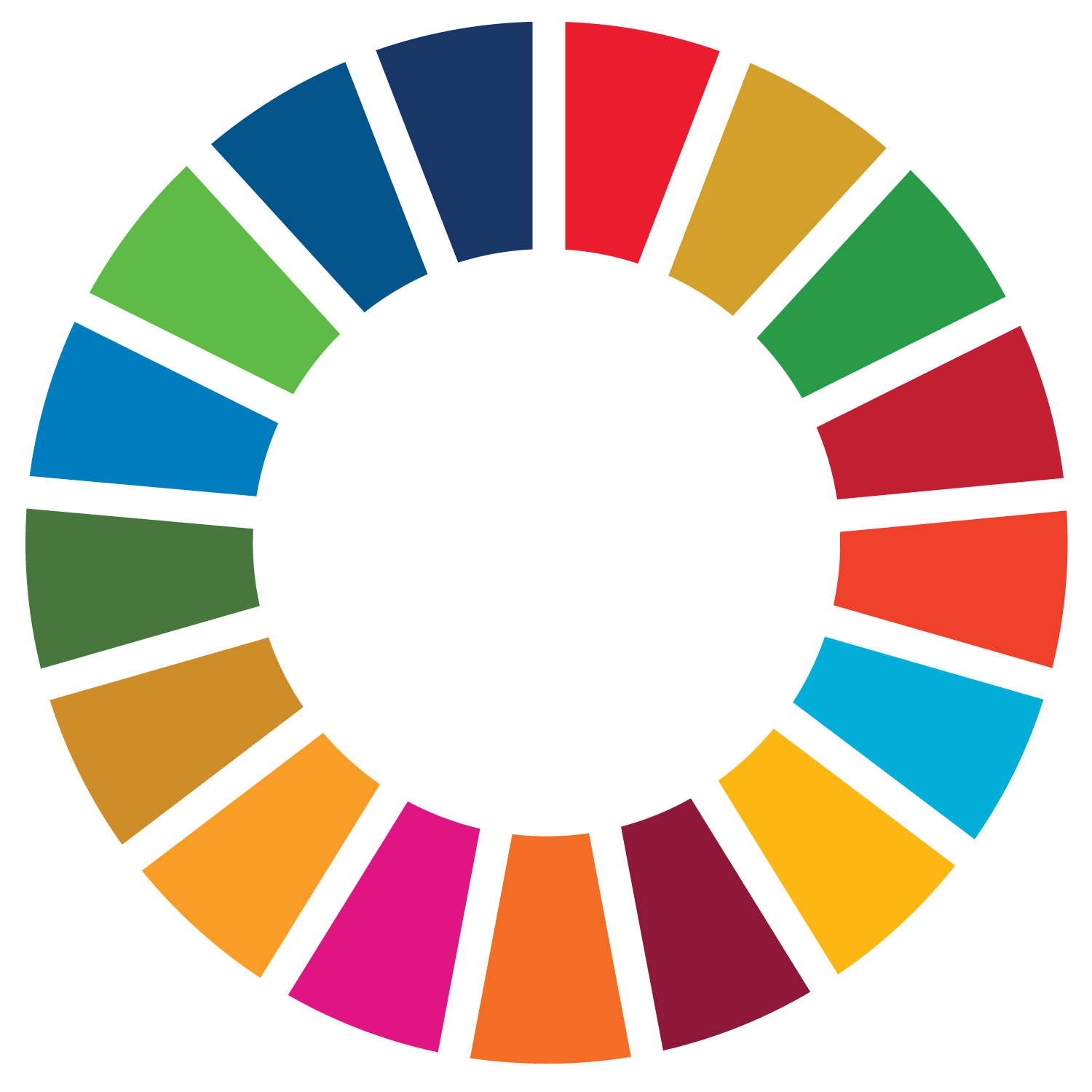
The “AR Hemp Sneaker” is an eco-friendly sneaker concept by Thai startup “AR”, made from leftover hemp waste. Inspired by farmers and communities, the design repurposes discarded hemp cores—typically thrown away after fiber extraction—into sustainable shoes. This innovation helps reduce waste and supports local income through hemp cultivation.

This invention aims to develop a long-lasting forest fire prevention agent that stops fires from igniting, not just spreading. Designed for use during the 3–4 month dry season, it is environmentally safe, leaves little to no residue, and uses locally available, low-cost materials. It’s ideal for mass spraying in fire-prone forest areas to reduce pollution such as PM2.5, PM10, CO, CO₂, NO₂, and VOCs.

This project developed an eye-tracking communication system for paralyzed, immobile patients using the Tobii Eye Tracker 5. It detects eye movements from 55–85 cm, with optimal accuracy at 65–75 cm (≤1% error). The system includes interfaces for emotions, needs, and extra requests, supports Thai/English virtual typing, generates synthetic speech, sends messages via Line, and stores data in a dashboard. It enables patients to communicate within 3 seconds, improving interaction with caregivers.

This work introduces a handheld meter for detecting Hg(II) using an ISFET-based potentiometric platform. The device shows high accuracy (%Recovery: 92.55–109.32) and precision (%RSD: 2.38), and was successfully applied to cosmetic sample analysis. Its results showed no significant difference from ICP-OES at the 95% confidence level.

This research develops graphene oxide (GO) composite membranes using the Phase-Inversion Method to create porous, cost-effective, and adaptable membranes for water purification. GO enhances molecular sieving, permeability, and stability. The membranes effectively remove nanoparticles, heavy metals, organic pollutants, and microbes, making them suitable for wastewater treatment, desalination, and pharmaceutical contaminant removal.

This study develops 3D-printed modular artificial reefs at Koh Khai using a design thinking framework. Emphasizing sustainability, flexibility, and community engagement, the project enhances marine habitats, supports coral settlement, and utilizes digital twin models for site-specific monitoring.

This invention involves a three-step process to produce a food rancidity indicator label: preparing the indicator and cellulose solutions, and forming a sheet. Using pH-sensitive dyes and natural latex, the thin label changes color from dark blue to green to yellow in response to volatile compounds from rancid food.

This research develops a prototype AIoT-based irrigation system using weather data. It includes a weather station, a controller with machine learning to calculate water needs, a user interface for input and monitoring, and an irrigation unit. The system ensures efficient, automated water distribution tailored to specific crops and conditions.

This project applies AI and near-infrared spectroscopy to support sustainable agriculture and environmental management in Thailand. It includes models for analyzing durian leaf nutrients, assessing biomass combustion, and evaluating global warming impact. The technique is fast, non-destructive, and low-cost, though the required spectroscopy instruments are not yet locally manufactured.

A child manikin for Cardiopulmonary Resuscitation (CPR) training includes the trachea mechanism, neck mechanism, lung mechanism, heart pump mechanism, artificial skin, and sensor system. All components work together to function similar to a real child. It can be used to practice heart pumping and resuscitation. The manikin has been designed and verified by resuscitation experts. It has a system to evaluate the accuracy of the training and display the results on the computer for real-time monitoring.

This research explores sustainable business models through the case of corn-based paper packaging as an eco-friendly alternative to plastic. It analyzes market competitiveness, consumer behavior, profitability, and social responsibility. Using mixed methods—case studies, interviews, and surveys—the study offers insights for green entrepreneurs and policymakers aiming to support sustainable packaging and long-term business growth in an environmentally conscious economy.

This project addresses the surplus of downgraded Mahachanok mangoes by transforming waste—like peels and seeds—into value-added products. These include antioxidant-rich mango peel tea, activated carbon for ripening control, mango coatings to extend shelf life, mango powder, and dried mango. It supports zero-waste principles, boosts farmer income, and promotes food safety and commercial-scale production.

This research developed reduced graphene oxide quantum dots (rGO-QDs) from graphene oxide, earning a 2025 National Research Award. Applications include a 2023 award-winning semi-solid hybrid capacitor using rGO-QD electrolytes and Thai rubber-based separators. rGO-QDs have also been advanced into graphene quantum dot batteries, supporting electric vehicles and energy storage, showcasing strong potential for industrial innovation and sustainability.

From the current situation and uncertainty; leads to the concept of food security. It is the application of innovation and technology to create high productivity in a limited area. The unused buildings in urban areas were renovated for planting, created as a learning area for planting in urban area. The different methods of growing plants were presented. There are 35 planting innovations for disseminating knowledge, to create food security, self-reliant, supports sustainable living.

This project develops a Smart Police system using AI and deep learning to identify suspects, detect concealed weapons, and track crime-related vehicles via CCTV. Developed in collaboration with KMITL and local agencies, it aims to enhance crime prevention and public safety. The system is under development and shows strong potential for broader law enforcement use across Thailand.

This domestically developed forest firefighting suit, made from fire-resistant aramid fabric, includes a mesh-ventilated shirt and pants to improve airflow and reduce heat stress. Key features include elbow and knee padding, a built-in fan system to prevent heatstroke, and enhanced safety for close-contact firefighting. The suit is tailored for local conditions and reduces reliance on imports.

Cooling suit with two-phase flow heat-exchange system is a state-of-the-art heat sink, designed for thermal dissipation in fire fighter, racing driver and worker who needs to wear Personal Protective Equipment (PPE). The liquid cooling system with gas injection can enhance heat transfer performance and continuously maintain the temperature at 18-20 degree Celsius.

Sports equipment for people with disabilities in Thailand is limited and often imported at high cost, with maintenance and spare parts posing challenges. This research addresses the lack of local design and production processes by developing a system for designing and prototyping competition wheelchairs, aiming to enhance self-reliance and reduce dependence on foreign technology in the future.

With dementia rising among the elderly, this project introduces a VR/AR-based rehabilitation prototype to help mitigate cognitive decline and support Mild Cognitive Impairment (MCI) patients. Designed for home use, the system enables accessible brain training, bridging the gap between home and hospital care—especially beneficial for those avoiding travel or practicing social distancing.

The housefly (Musca domestica) is a major medical and veterinary pest, acting as a mechanical vector for diseases. Overreliance on synthetic insecticides has led to resistance and harmful effects on humans, the environment, and non-target species. Green repellents offer a safer, eco-friendly alternative for managing houseflies in homes, hospitals, farms, and other sensitive environments.

This study explores the use of antibody-conjugated gold nanoparticles (Ab-AuNPs) in lateral flow immunoassay strips (LFIAs) for ABO blood group detection in saliva. Using the Turkevich method for nanoparticle synthesis, UV-VIS analysis confirmed successful conjugation. Results demonstrate the potential for developing non-invasive, saliva-based ABH substance detection using gold nanoparticle-enhanced LFIAs for rapid blood typing.

As Thailand enters a fully aging society, dry and itchy skin is a growing concern among the elderly due to reduced sebum and a weakened skin barrier. This project develops a lotion from Sangyod rice, Thailand’s first GI rice, with fine particles that deeply hydrate and strengthen the skin barrier, enhancing elderly quality of life and adding value to Thai agriculture.

Super NBT is an innovative integrated waste management system that processes both fresh and residual waste. It converts separated waste into renewable energy (RDF) and treats organic waste daily into soil conditioners using natural methods. The system combines machinery with biological processes, including microbiological water remediation, enhancing sustainability and efficiency at waste disposal sites.

Due to climate change, pests, and disease, Thailand’s chili production is declining. To address this, Asst. Prof. Dr. Patcharaporn Suwa developed first-generation hybrid chili peppers with high yield, uniformity, and resistance to anthracnose and yellow leaf curl virus. These improved varieties support farmers and private companies in enhancing domestic production and expanding Thai chili peppers for commercial export.

Farmers commonly use chemicals to control beet armyworms, raising health and environmental concerns. This research offers a safer alternative using plant extracts in nanoemulsion form, enhancing stability and efficacy. Prepared via the cost-effective aqueous titration method, this solution supports organic farming by providing an accessible, natural pest control option that meets consumer demands for safer agricultural practices.

This research focuses on discovering new actinomycetes species to develop bioactive natural products for agriculture. These substances serve as eco-friendly alternatives to synthetic chemicals, targeting plant pathogens and promoting growth. The study involves microbial isolation, taxonomy, fermentation, and compound extraction, aiming to create sustainable, organic farming solutions and reduce chemical resistance in pathogens using Thailand’s natural microbial resources.

This project employs UAVs and digital technology to monitor and manage Thailand’s marine and coastal resources. It addresses environmental degradation, coastal erosion, and biodiversity loss, enhancing conservation through aerial surveys, spatial data analysis, and real-time monitoring, supported by the Ministry of Natural Resources and Environment.

Olfactory display is a device that can release odors from odorants, can control odor intensities, and can blend odors. It can be used in many applications in food and beverage industry, cosmetic industry, spa, building, etc.

This research investigates methods for detecting fake online product reviews using the Amazon Review Data (2018) dataset. After preprocessing, four models—GPT-2, NBSVM, BiLSTM, and Roberta—were trained and compared. Roberta achieved the highest accuracy at 97%, followed by NBSVM (95%), BiLSTM (92%), and GPT-2 (82%), demonstrating Roberta’s superior performance in identifying deceptive reviews.

